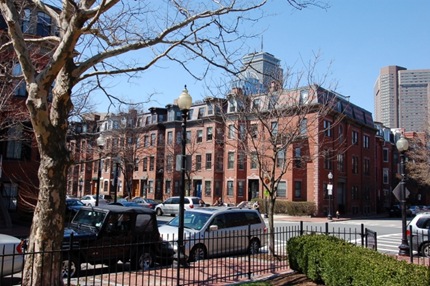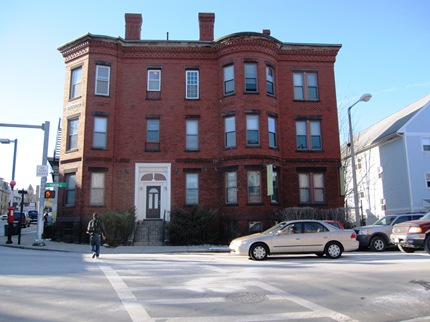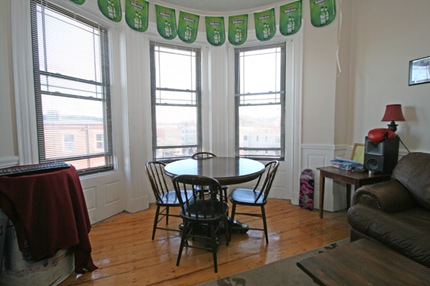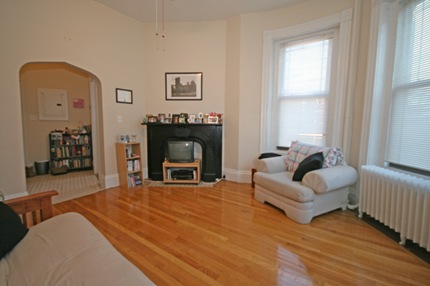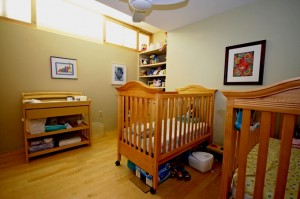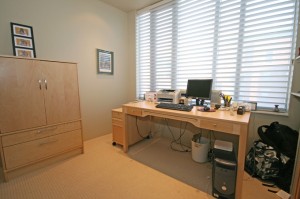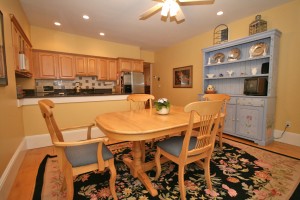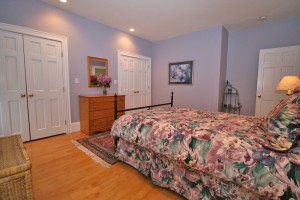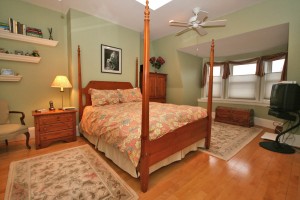Much continues to be written in the local and national press about the current state of the “Boston Real Estate Market” since my last article of this nature was published in January 2010 (see Seller vs. Buyer Advantage by Neighborhood). But if you’re a buyer or a seller, you’re more likely to be interested in market data for specific neighborhoods that are of particular interest to you. This article looks once again at market trends for six (6) Boston Neighborhoods: Back Bay, Beacon Hill, Charlestown, Jamaica Plain, South Boston, and South End – based on a 12-month rolling calendar from August 2009 to August 2010 for condos, multi-family homes and single-family homes.
Before you read any further, here are some definitions that will be helpful to you:
- The Absorption Rate is the number of Active + Pending Listings divided by the number of Sold Listings in a neighborhood.
- A Seller Advantage Market is one in which there is currently less than a six (6) month supply of homes for sale (i.e. a high absorption rate). Therefore, sellers are less inclined to negotiate a substantially lower offer price (assuming that their home was not “over-priced” to begin with).
- Conversely, a Buyer Advantage Market is one in which there is currently more than a six (6) month supply of homes for sale (i.e. a lower absorption rate) in which sellers may be more apt to accept a lower price for their home.
- A Balanced Market is one in which there is exactly a six (6) month supply of inventory. (Please note: If there is no mention made of a property type within a particular price range, it is because there are no, or insufficient, current listings within this category.
All data cited herein was analyzed and compiled by Keller Williams Realty, Boston-Metro from data supplied by the Listing Information Network (LINK), one of two Boston MLS systems.
Back Bay: There is a Seller Advantage Market for condos priced at or below $599K, a Balanced Market for condos priced between $600K and $999K and a Buyer Advantage Market for condos priced at $1M and higher. Multi-family homes are only found above $1M and are in a Balanced Market environment. With respect to single-family homes priced between $750K and $999K, they are found within a Seller Advantage Market. With respect to single-family homes, most are priced at or above $4M and fall under the Buyer Advantage Market category.
Beacon Hill: Condos priced between $250K and $499K, along with those priced between $700K and $1M+ are in a Buyer Advantage Market, while condos priced between $500K and $699K are in a Seller Advantage Market. Multi-family homes are also in a Seller Advantage Market. With respect to single-family homes, those priced from $1.5M to over $4M are in a Buyer Advantage Market.
Charlestown: There is a Seller Advantage Market for condos priced at or below $599K or above $1M; all other condo price ranges are in a Buyer Advantage Market. Multifamily homes priced under $500K are in a Balanced Market, while all others find themselves in a Buyer Advantage Market. Single-family homes are predominantly in a Seller Advantage Market.
Jamaica Plain: Condos priced under $249K and between $600K and $699K are in a Balanced Market, as are multi-families priced between $500K and $599K. Condos priced between $700K and $799K are in a Buyer Advantage Market. Condos priced at or above $1M, as well as all single-family homes are in a Seller Advantage Market.
South Boston: All condos are in a Seller Advantage Market, with the exception of those priced between $500K to $599K, which are in a Balanced Market. All multi-families are in a Seller Advantage Market, as are single-family homes priced under $499K. Single family homes priced between $500K and $749K are in a Buyer Advantage Market.
South End: This is currently by far the most popular neighborhood in the city due to its exceptional population diversity, access to 30 city parks and its proximity to some of the finest, newer restaurants and artistic, cultural venues. It comes as no surprise that the South End currently enjoys a Seller Advantage Market for every kind of housing ranging in price from $249K to $1.749M. The exception is single-family homes priced above $1.75M, which remain in a Buyer Advantage Market.
So what does all this mean? Statistics represent aggregated data, and should not be narrowly interpreted to mean that there are no exceptions for specific properties on the market. For example, in a Seller Advantage Market, a particular owner may be flexible on price if there are mitigating circumstances such as a pending relocation, or the pre-purchase of another home. Similarly, in a Buyer Advantage Market there are always going to be sellers who are unreasonably inflexible on their price because they are in no hurry to sell, or didn’t listen to their marketing agent and remain under the misperception that their home is worth far more than it actually is. Hiring a good Marketing Agency (if you are thinking of selling) or Buyer’s Agent is the best way to understand these individual circumstances within the larger context of any neighborhood market conditions.

